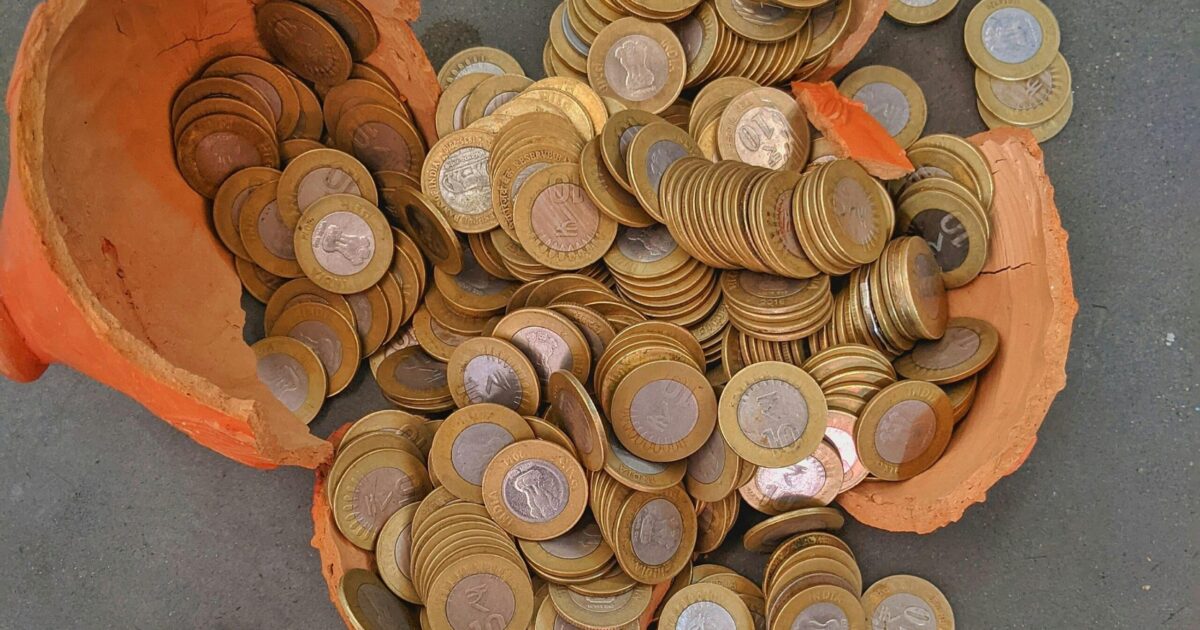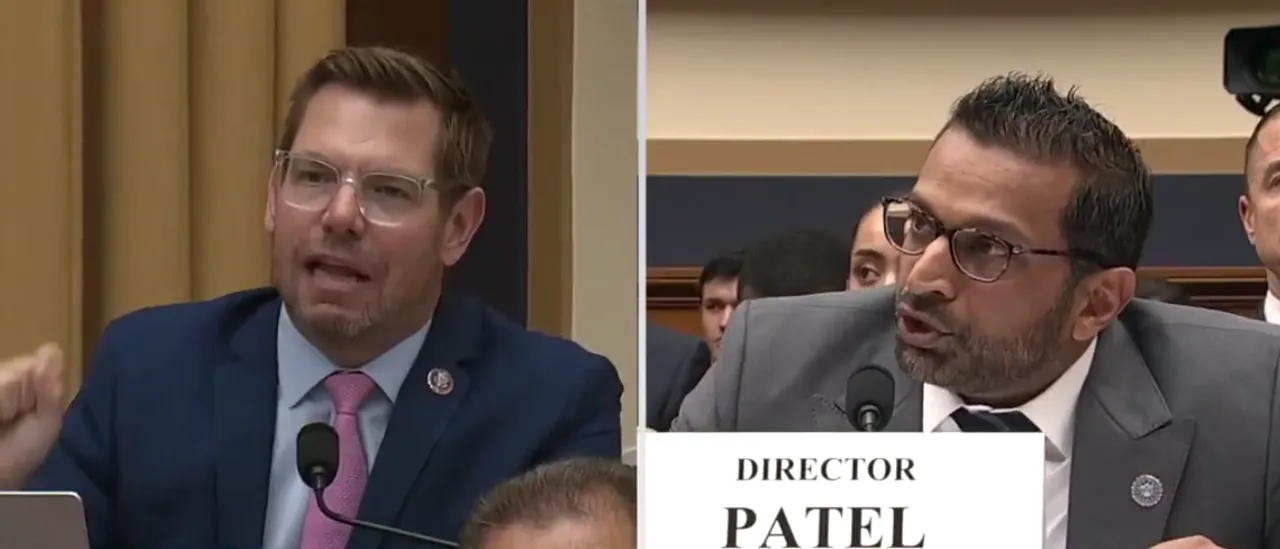By Admin
Copyright thegazette

In Botswana we often place great stock in what funds are called: a sovereign wealth fund, foreign reserves, a pension fund, or a road levy. The labels sound weighty and protective. Yet the real test is not the title, but the rules that govern how these funds are managed and when they may be touched. In practice, as Botswana’s experience shows time and again, the devil is in the detail.
THE PULA FUND’S DECLINE
The Pula Fund, created under the Bank of Botswana Act in 1993, was long described as Botswana’s de facto sovereign wealth fund. It was meant to preserve diamond wealth for future generations and act as a buffer in difficult times.
Yet its rules were weak. In 2024/25 the Fund saw its sharpest fall, plunging from P55 billion to about half within a year. This was not caused by war, a pula collapse, or a financial crash, but by government needing liquidity. With no strict withdrawal limits, intergenerational savings turned into fiscal firefighting.
WHEN RING-FENCING FAILS
The Pula Fund is not the only case. The Road Fund Levy, introduced as a fuel charge to finance roads, was supposed to be ring-fenced. During COVID-19, it was diverted into general revenues. The justification was public health, but the precedent was clear: a fund for infrastructure was repurposed.
The national pension fund also saw its protections eroded. Under the state of public health emergency, contributions and reserves once thought sacrosanct were partially unlocked. What was intended as a retirement safety net became another liquidity source.
These episodes reinforce one lesson: in Botswana, no fund is ever fully beyond government’s reach. Emergencies are declared, rules are bent, and long-term protections yield to short-term needs.
A NEW SOVEREIGN WEALTH FUND
Now, government has launched a new sovereign wealth fund under Botswana Sovereign Wealth Fund Limited. Its official mandate is ambitious: diversify the economy, restructure state-owned enterprises, and create jobs. Unlike the Pula Fund, largely a reserve vehicle managed by the central bank, the new fund is meant to be developmental.
This is welcome. Botswana needs more than a rainy-day account — it needs an instrument to finance diversification, manage volatility, and invest in the future. But here lies the concern: the fund’s laws and mandates remain unclear. No published legislation sets out rules for deposits, withdrawals, investment strategy, or oversight. Without them, the new fund risks becoming just another pot of money, vulnerable to the same pressures that weakened its predecessors.
LESSONS FROM ABROAD
Other nations underline the importance of governance. Norway’s Government Pension Fund Global, the world’s largest, operates under rigid rules: all oil revenues flow into the Fund, and government may withdraw only the expected real return of 3–4% a year. The capital is inviolate, protected by law and political consensus.
Chile’s Economic and Social Stabilisation Fund also applies strict rules, tying inflows and outflows to copper prices and fiscal balances. Withdrawals are capped and reported transparently.
Even Abu Dhabi and Singapore, though less transparent, enshrine their funds in law with professional boards, clear mandates, and independent audits. The lesson is consistent: a sovereign wealth fund is only as strong as its governance.
THE HARD QUESTION FOR BOTSWANA
Botswana’s challenge is not a shortage of funds but a shortage of protections. The Pula Fund, the Road Levy, and the pension reserves were each created with noble intentions, yet each was bent under pressure. Unless the new sovereign wealth fund is backed by firm legislation, transparent oversight, and political discipline, it too will be vulnerable.
A fund by any name is not necessarily secure. What matters are rules that cannot be waived or overridden in emergencies. Botswana has come full circle: from the central bank–managed Pula Fund, to the drawdowns of recent years, to the promise of a modern sovereign wealth fund. Whether that promise is kept will depend not on labels but on law.
CAN PROMISES BE PROTECTED?
For now, optimism must be tempered. The new sovereign wealth fund could finally secure intergenerational wealth and drive diversification. But without binding legal safeguards, it may prove no sturdier than the Road Levy or pension reserves. The detail matters most — and unless it is anchored in law, Botswana’s savings will remain vulnerable.



